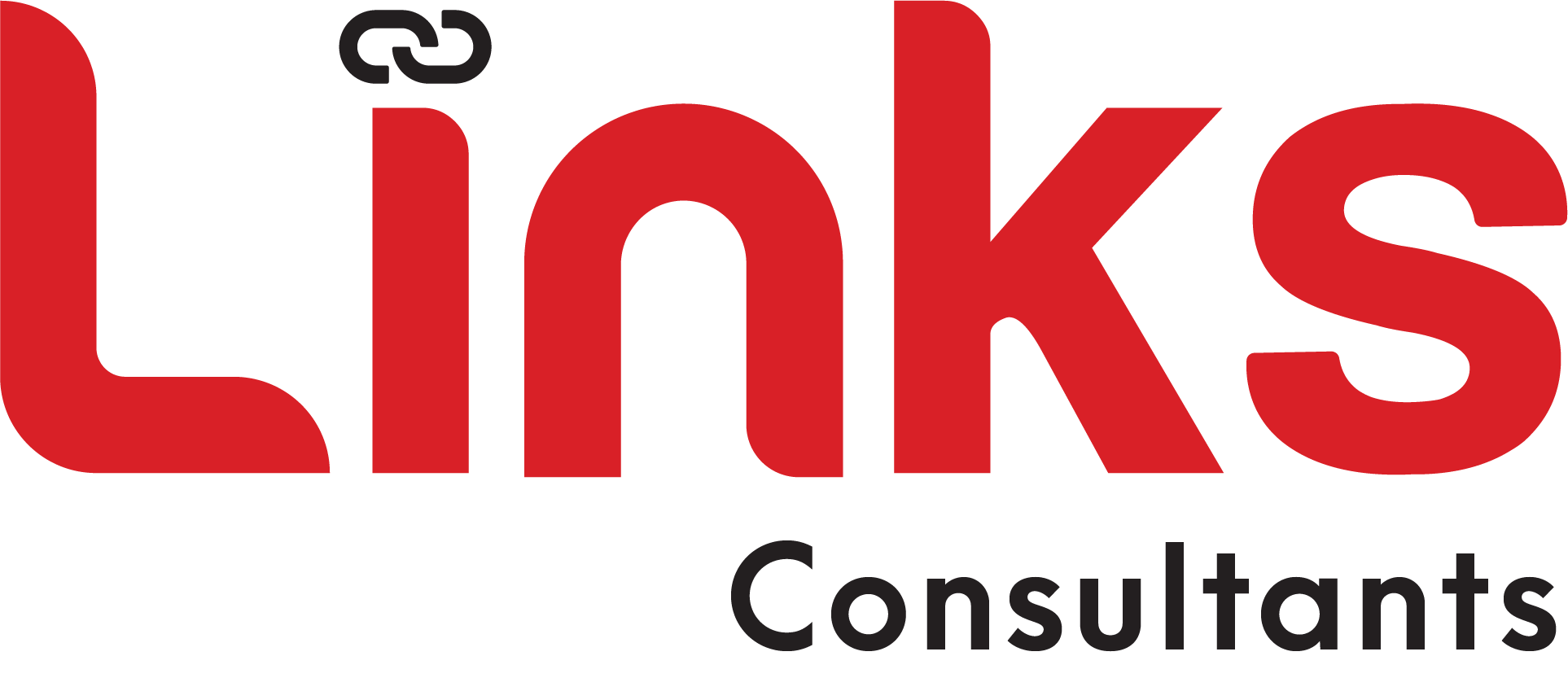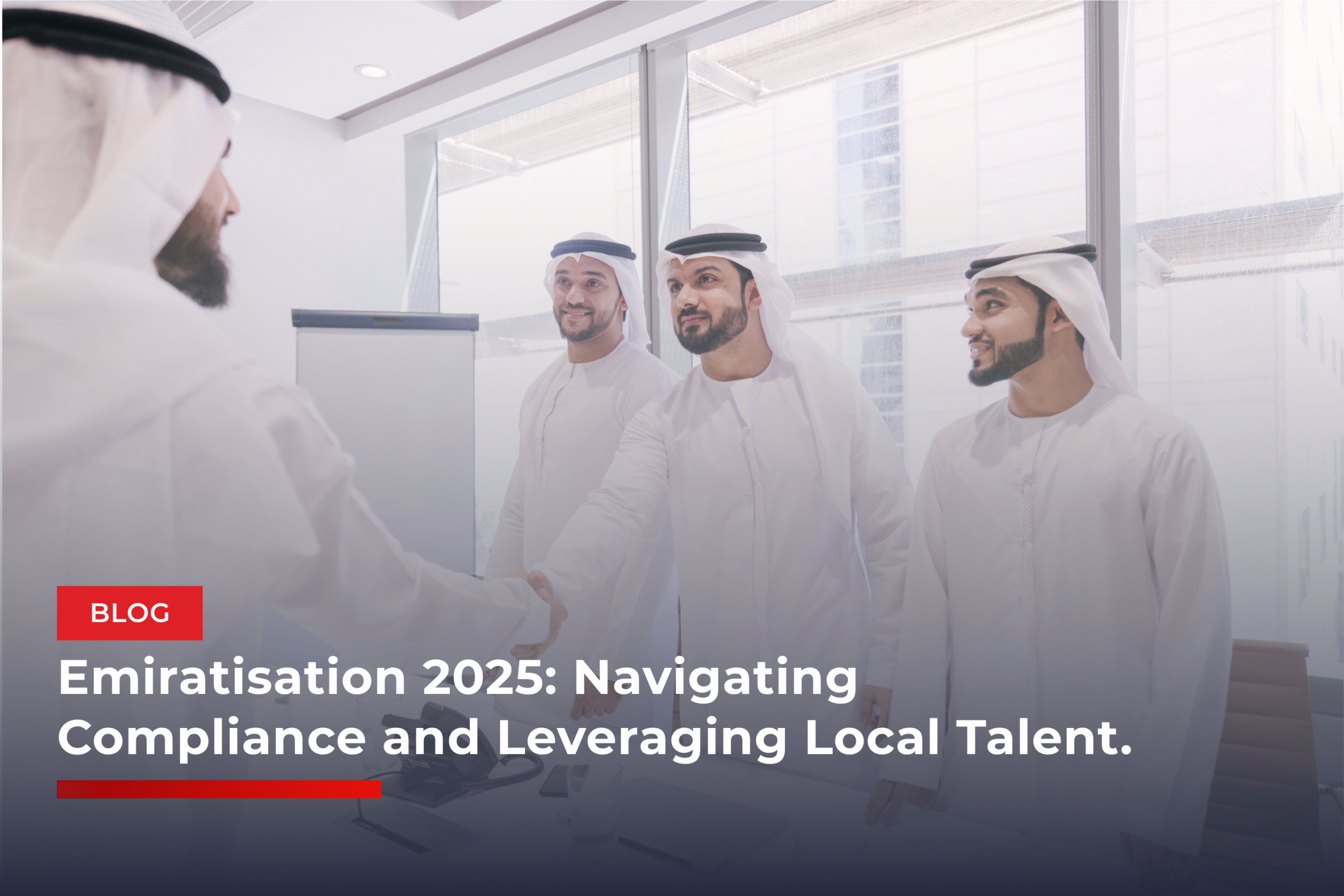Understanding Emiratisation 2025 is essential for private sector companies operating in the UAE, as it represents the government’s ongoing commitment to increasing the participation of UAE nationals in the workforce. The initiative is not only a regulatory requirement but also a strategic opportunity for businesses to strengthen their teams with skilled, motivated, and culturally aligned local talent. Companies that embrace Emiratisation effectively can ensure compliance with UAE workforce quotas while enhancing their reputation and operational efficiency.
The UAE government has steadily expanded the scope of Emiratisation to cover multiple sectors, with clearly defined targets based on company size, industry, and business activity. Organizations are now expected to employ a minimum percentage of Emiratis in their workforce, making it necessary to develop proactive strategies for recruitment, training, and retention. For private companies, meeting these targets is not just about legal adherence — it is about leveraging the unique skills and insights that Emirati employees bring to the table.
Why Emiratisation 2025 Matters
The importance of Emiratisation 2025 extends beyond regulatory compliance. The initiative is designed to reduce unemployment among UAE nationals, integrate them into the private sector, and equip them with the skills needed for a rapidly evolving economy. By hiring Emiratis, companies contribute to national development goals, support the UAE’s economic diversification agenda, and help build a sustainable talent pool for the future.
Emiratis bring distinct advantages to the workplace. Their cultural knowledge, local networks, and understanding of market dynamics can help businesses navigate the UAE’s unique business environment. Moreover, organizations that actively engage with Emiratisation programs often see improved employee engagement, stronger brand credibility, and access to government incentives designed to reward compliant companies.
Understanding UAE Workforce Quotas
UAE workforce quotas vary according to the sector and size of the company. Industries such as banking, finance, and telecommunications are expected to maintain higher proportions of Emirati employees due to the strategic nature of their operations. Companies must assess their current workforce composition and identify areas where Emirati hiring can be increased without disrupting operational needs.
Achieving compliance requires a structured approach. Companies need to align recruitment, training, and HR policies with government requirements, ensuring that hiring Emiratis is a central part of organizational strategy. Workforce planning should include clear targets, timelines, and performance indicators to monitor progress. By integrating Emiratisation into the core business strategy, companies can avoid penalties and demonstrate their commitment to national development.
Strategies for Hiring Emiratis in the Private Sector
- Targeted Recruitment Programs – Private companies can design recruitment campaigns specifically aimed at Emiratis. Partnering with universities, vocational institutes, and government employment agencies can help attract qualified candidates. Internship programs, graduate placements, and trainee schemes provide a structured pathway for Emiratis to enter the private sector.
- Training and Development Initiatives – Upskilling Emirati employees is crucial to ensure they are prepared for specialized and leadership roles. Offering professional development programs, mentorship, and certifications improves retention and encourages long-term engagement.
- Career Progression and Incentives – Clear career paths, performance-based incentives, and employee recognition programs can motivate Emiratis to pursue long-term careers in the private sector. Businesses that demonstrate growth opportunities for their local employees build loyalty and reduce turnover rates.
- Leveraging EOR and HR Solutions – Employer of Record (EOR) services and HR consultants can help companies navigate Emiratisation compliance efficiently. These services assist with hiring, payroll management, and visa processing, ensuring that workforce quotas are met while streamlining administrative responsibilities.
Challenges and Opportunities
Despite the clear benefits, companies may face challenges in achieving Emiratisation targets. Limited availability of qualified Emiratis in certain sectors, the need for specialized skill sets, and aligning recruitment with operational requirements can be complex. However, these challenges also create opportunities for innovation in talent acquisition and workforce development. By designing effective training programs and creating an inclusive work environment, companies can attract top Emirati talent while building a competitive edge.
Final Thoughts
Successfully navigating Emiratisation 2025 requires a proactive approach that integrates compliance with strategic workforce planning. By understanding UAE workforce quotas, hiring Emiratis in meaningful roles, and investing in their professional growth, private sector companies can align with government objectives while enhancing business performance.
Embracing Emirati employment initiatives is more than a legal obligation; it is an opportunity to build a strong, motivated, and loyal workforce that contributes to long-term success. Companies that implement thoughtful strategies for hiring, training, and retaining Emiratis can transform Emiratisation from a regulatory requirement into a strategic advantage, driving both business growth and national development goals in the UAE.
This approach ensures that private sector organizations are not only compliant but also actively supporting the country’s vision of sustainable economic growth and workforce diversification, positioning themselves as leaders in the UAE’s evolving business landscape.

